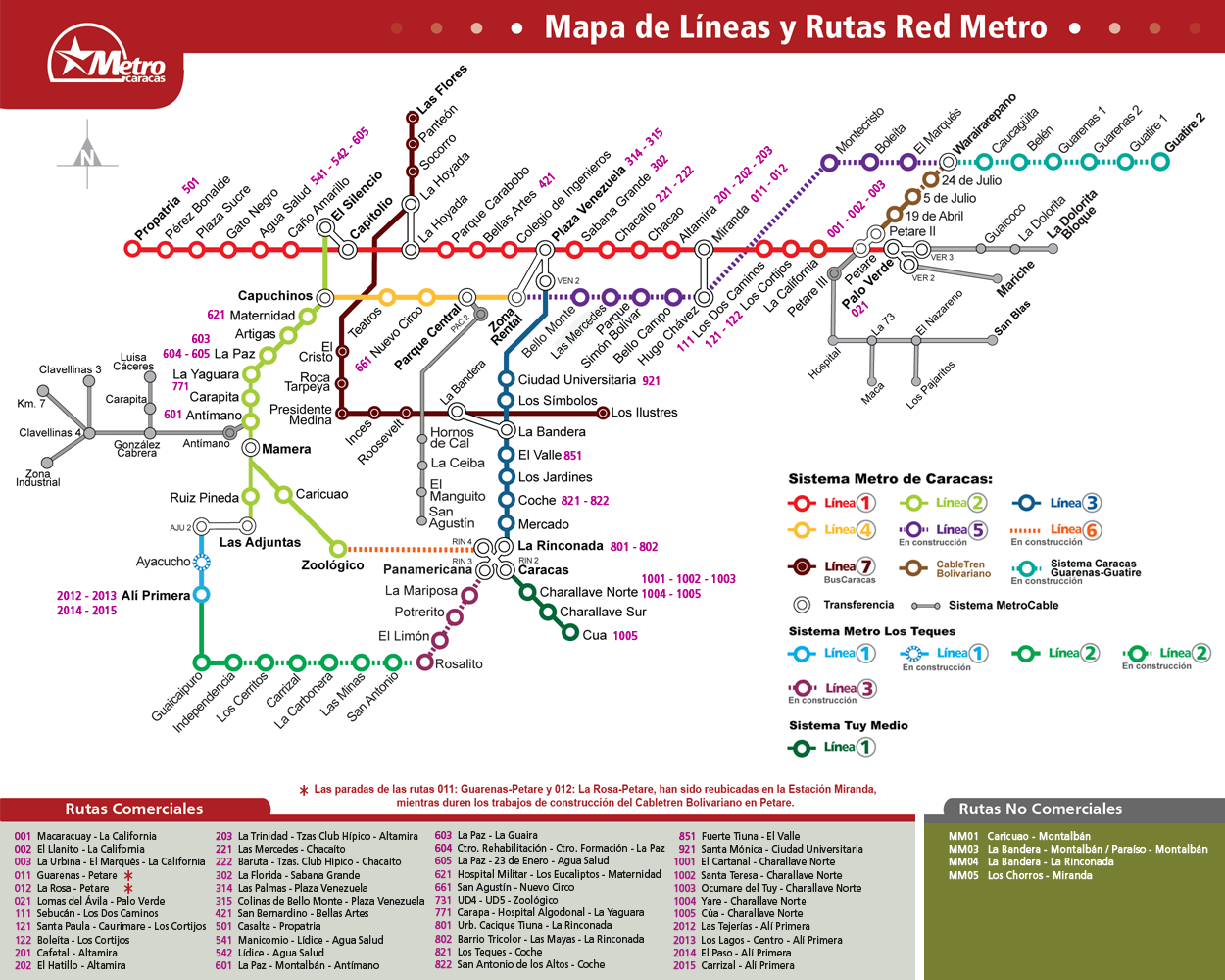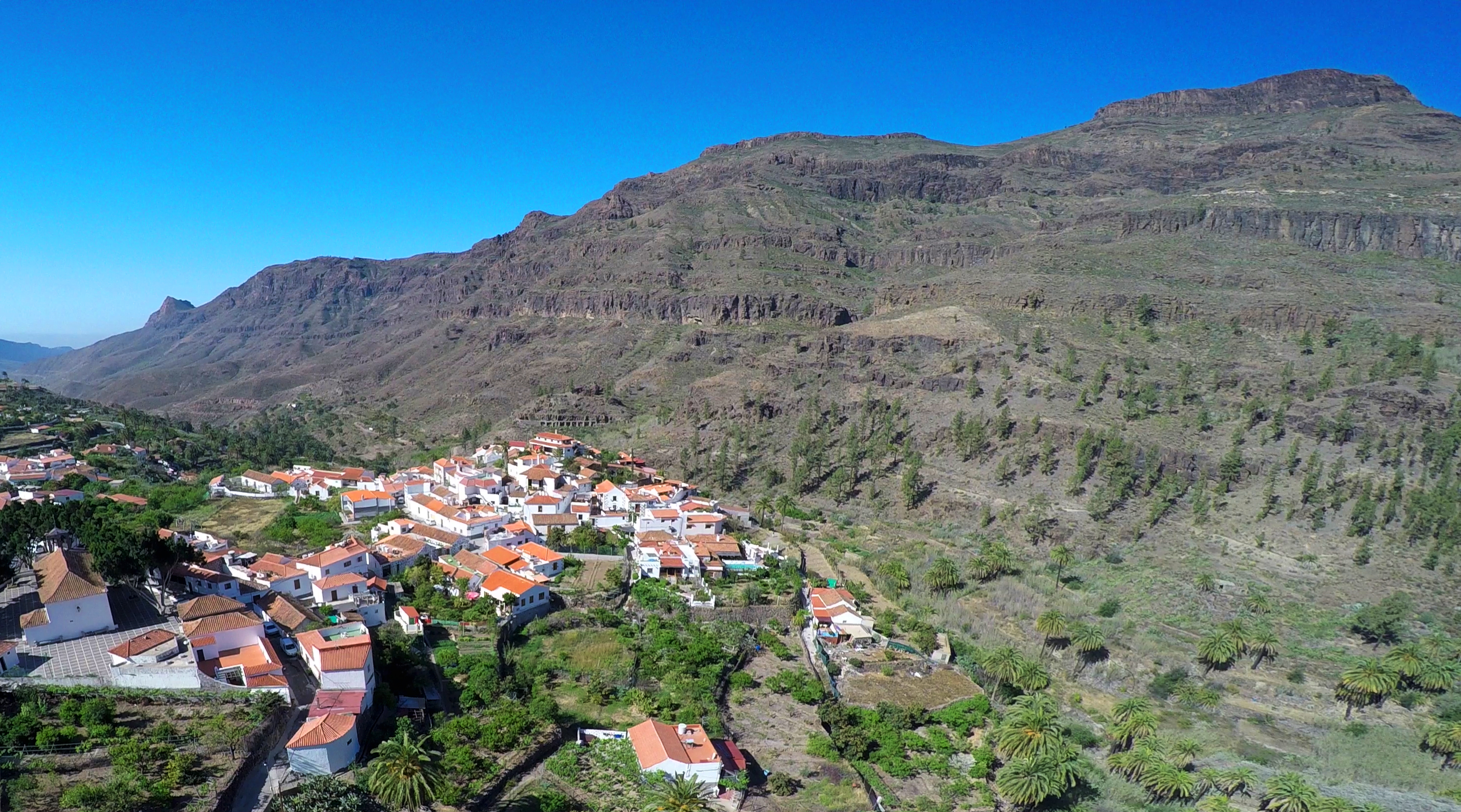|
Los Teques
Los Teques () is the capital of the state of Miranda, and the municipality of Guaicaipuro in north-central Venezuela. The city is about 25 km southwest of Caracas, and above mean sea level. It lies in the Cordillera de la Costa, on the banks of the Río San Pedro. According to the European Commission, Los Teques had a population of 159,532 in 2015. The city is part of the agglomeration known as Greater Caracas. History At the time of the Spanish conquest the region of Los Teques was known for its gold mines, and was the home of Guaicaipuro. Guaicaipuro led the indigenous resistance against the conquistadores until 1568, when he was killed in battle. By 1600, Los Teques was part of the conquered lands (encomienda) belonging first to Francisco Tostado de la Peña and Andrés González, and later by Diego de Miquilena. In 1684 Miquilena sold the "lands of Los Altos" to Doña Melchora Ana Tovar y Bañez, widow of Captain Juan de Ascanio y Guerra. During the 18th century, t ... [...More Info...] [...Related Items...] OR: [Wikipedia] [Google] [Baidu] |
Venezuela
Venezuela, officially the Bolivarian Republic of Venezuela, is a country on the northern coast of South America, consisting of a continental landmass and many Federal Dependencies of Venezuela, islands and islets in the Caribbean Sea. It comprises an area of , and its population was estimated at 29 million in 2022. The capital and largest urban agglomeration is the city of Caracas. The continental territory is bordered on the north by the Caribbean Sea and the Atlantic Ocean, on the west by Colombia, Brazil on the south, Trinidad and Tobago to the north-east and on the east by Guyana. Venezuela is a presidential republic consisting of States of Venezuela, 23 states, the Venezuelan Capital District, Capital District and Federal Dependencies of Venezuela, federal dependencies covering Venezuela's offshore islands. Venezuela is among the most urbanized countries in Latin America; the vast majority of Venezuelans live in the cities of the north and in the capital. The territory o ... [...More Info...] [...Related Items...] OR: [Wikipedia] [Google] [Baidu] |
Los Teques, 1940s
LOS, or Los, or LoS may refer to: Science and technology * Length of stay Length of stay (LOS) is the duration of a single episode of hospitalization. patient, Inpatient days are calculated by subtracting day of admission from day of :wikt:discharge, discharge. Analysis A common statistic associated with length of stay ..., the duration of a single episode of hospitalisation * Level of service, a measure used by traffic engineers * Level of significance, a measure of statistical significance * Line-of-sight (other) * LineageOS, a free and open-source operating system for smartphones and tablet computers * Loss of signal ** Fading **End of pass (spaceflight) * Loss of significance, undesirable effect in calculations using floating-point arithmetic Medicine and biology * Lipooligosaccharide, a bacterial lipopolysaccharide with a low-molecular-weight * Lower oesophageal sphincter Arts and entertainment * '' The Land of Stories'', a series of children's nove ... [...More Info...] [...Related Items...] OR: [Wikipedia] [Google] [Baidu] |
Caracas Metro
The Caracas Metro () is a mass rapid transit system serving Caracas, Venezuela. It was constructed and is operated by Compañía Anónima Metro de Caracas, a government-owned company that was founded in 1977 by José González-Lander who headed the project for more than thirty years since the early planning stages in the 1960s. Its motto is "" (translated as 'We are part of your life'). In 1978 MTA – New York City Transit's R46 #816 (now 5866) was shipped from the Pullman Standard's plant as a sample of rolling stock to be used for the new metro system that was under construction at the time. It was inaugurated on January 2, 1983 with and currently the total length of the railway reaches . Its purpose is to contribute to the development of collective transportation in Caracas and its immediate area, through the planning, construction, and commercial exploitation of an integrated transportation system. The C. A. Metro de Caracas is in charge of its construction, ope ... [...More Info...] [...Related Items...] OR: [Wikipedia] [Google] [Baidu] |
Los Teques Metro
The Los Teques Metro is a suburban mass-transit system in the city of Los Teques, Venezuela with connections to important surrounding cities and communities. It was opened to public service on November 3, 2006. The Los Teques Metro currently operates one service (branded as lines 1 and 2 for the two parts of the system) connecting 5 stations, with additional stations for Line 2 under construction. The system connects the city of Los Teques with the capital city of Caracas. The Los Teques Metro is operated by Metro de Caracas – as such, it is effectively a subsidiary/extension of the Caracas Metro, and is widely viewed as part of that system. It is ascribed to the Venezuelan government and the Ministry of Infrastructure. The government of Miranda State and the mayorship of the Guaicaipuro Municipality are also financing its development. The currently operating line runs for , parallel to the San Pedro River, establishing a link between Las Adjuntas and Independencia St ... [...More Info...] [...Related Items...] OR: [Wikipedia] [Google] [Baidu] |
Hugo Chávez
Hugo Rafael Chávez Frías (; ; 28 July 1954 – 5 March 2013) was a Venezuelan politician, Bolivarian Revolution, revolutionary, and Officer (armed forces), military officer who served as the 52nd president of Venezuela from 1999 until Death of Hugo Chávez, his death in 2013, except for 2002 Venezuelan coup d'état attempt, a brief period of forty-seven hours in 2002. Chávez was also leader of the Fifth Republic Movement political party from its foundation in 1997 until 2007, when it merged with several other parties to form the United Socialist Party of Venezuela (PSUV), which he led until 2012. Born into a middle-class family in Sabaneta, Barinas, Chávez became a career military officer. After becoming dissatisfied with the Venezuelan political system based on the Puntofijo Pact, he founded the clandestine Revolutionary Bolivarian Movement-200 (MBR-200) in the early 1980s. Chávez led the MBR-200 in its unsuccessful Venezuelan coup attempts of 1992, coup d'état again ... [...More Info...] [...Related Items...] OR: [Wikipedia] [Google] [Baidu] |
Salesians Of Don Bosco
The Salesians of Don Bosco (SDB), formally known as the Society of Saint Francis de Sales (), is a religious congregation of men in the Catholic Church, founded in 1859 by the Italian priest John Bosco to help poor and migrant youth during the Industrial Revolution. The congregation was named after Francis de Sales, a 17th-century bishop of Geneva. The Salesians' charter describes the society's mission as "the Christian perfection of its associates obtained by the exercise of spiritual and corporal works of charity towards the young, especially the poor, and the education of boys to the priesthood". Its associated women's institute is the Salesian Sisters of Don Bosco, while the lay movement is the Association of Salesian Cooperators. History In 1845 Don John Bosco (" Don" being a traditional Italian honorific for priest) opened a night school for boys in Valdocco, now part of the municipality of Turin in Italy. In the following years, he opened several more schools, and ... [...More Info...] [...Related Items...] OR: [Wikipedia] [Google] [Baidu] |
Legalist Revolution
The Legalist Revolution was a civil war in Venezuela that was caused by the "Continuity movement" of President Raimundo Andueza Palacio who wanted to perpetuate himself in power through a constitutional reform. Although it was constitutionally stipulated that his term would end on 20 February 1892, Andueza planned to reform the Constitution in order to prolong his stay in power for two more years, which is why he was called a Continuationist. Joaquín Crespo took up arms on March 11 in his power base of "El Totumo", in Guárico state, starting the war that spread to the rest of the country. The government appointed General Sebastián Castañas, commander of the army, to fight the Revolution while Generals Ramón Guerra, Wenceslao Casado and José Manuel Hernández, known as "El Mocho Hernández", joined the Legalist movement of Juan Crespo. Battle of Los Colorados and Battle of Boquerón On 15 April 1892, Crespo defeated the Minister of War Sebastián Castañas in the Batt ... [...More Info...] [...Related Items...] OR: [Wikipedia] [Google] [Baidu] |
Alexander Von Humboldt
Friedrich Wilhelm Heinrich Alexander von Humboldt (14 September 1769 – 6 May 1859) was a German polymath, geographer, natural history, naturalist, List of explorers, explorer, and proponent of Romanticism, Romantic philosophy and Romanticism in science, science. He was the younger brother of the Prussian minister, philosopher, and linguistics, linguist Wilhelm von Humboldt (1767–1835). Humboldt's quantitative work on botany, botanical geography laid the foundation for the field of biogeography, while his advocacy of long-term systematic geophysical measurement pioneered modern Earth's magnetic field, geomagnetic and meteorology, meteorological monitoring. Humboldt and Carl Ritter are both regarded as the founders of modern geography as they established it as an independent scientific discipline. Between 1799 and 1804, Humboldt travelled extensively in the Americas, exploring and describing them for the first time from a non-Spanish European scientific point of view. His des ... [...More Info...] [...Related Items...] OR: [Wikipedia] [Google] [Baidu] |
Canary Islands
The Canary Islands (; ) or Canaries are an archipelago in the Atlantic Ocean and the southernmost Autonomous communities of Spain, Autonomous Community of Spain. They are located in the northwest of Africa, with the closest point to the continent being 100 kilometres (62 miles) away. The islands have a population of 2.25 million people and are the most populous overseas Special member state territories and the European Union, special territory of the European Union. The seven main islands are from largest to smallest in area, Tenerife, Fuerteventura, Gran Canaria, Lanzarote, La Palma, La Gomera, and El Hierro. The only other populated island is Graciosa, Canary Islands, La Graciosa, which administratively is dependent on Lanzarote. The archipelago includes many smaller islands and islets, including Alegranza, Islote de Lobos, Isla de Lobos, Montaña Clara, Roque del Oeste, and Roque del Este. It includes a number of rocks, including Roque de Garachico, Garachico and Roques de ... [...More Info...] [...Related Items...] OR: [Wikipedia] [Google] [Baidu] |
Encomienda
The ''encomienda'' () was a Spanish Labour (human activity), labour system that rewarded Conquistador, conquerors with the labour of conquered non-Christian peoples. In theory, the conquerors provided the labourers with benefits, including military protection and education. In practice, the conquered were subject to conditions that closely resembled instances of forced labour and slavery. The ''encomienda'' was first established in Spain following the Christian Reconquista, and it was applied on a much larger scale during the Spanish colonization of the Americas and the Spanish East Indies. Conquered peoples were considered vassals of the Spanish monarch. The Crown awarded an ''encomienda'' as a grant to a particular individual. In the conquest era of the early sixteenth century, the grants were considered a monopoly on the labour of particular groups of indigenous peoples, held in perpetuity by the grant holder, called the ''encomendero''; starting from the New Laws of 1542, t ... [...More Info...] [...Related Items...] OR: [Wikipedia] [Google] [Baidu] |





